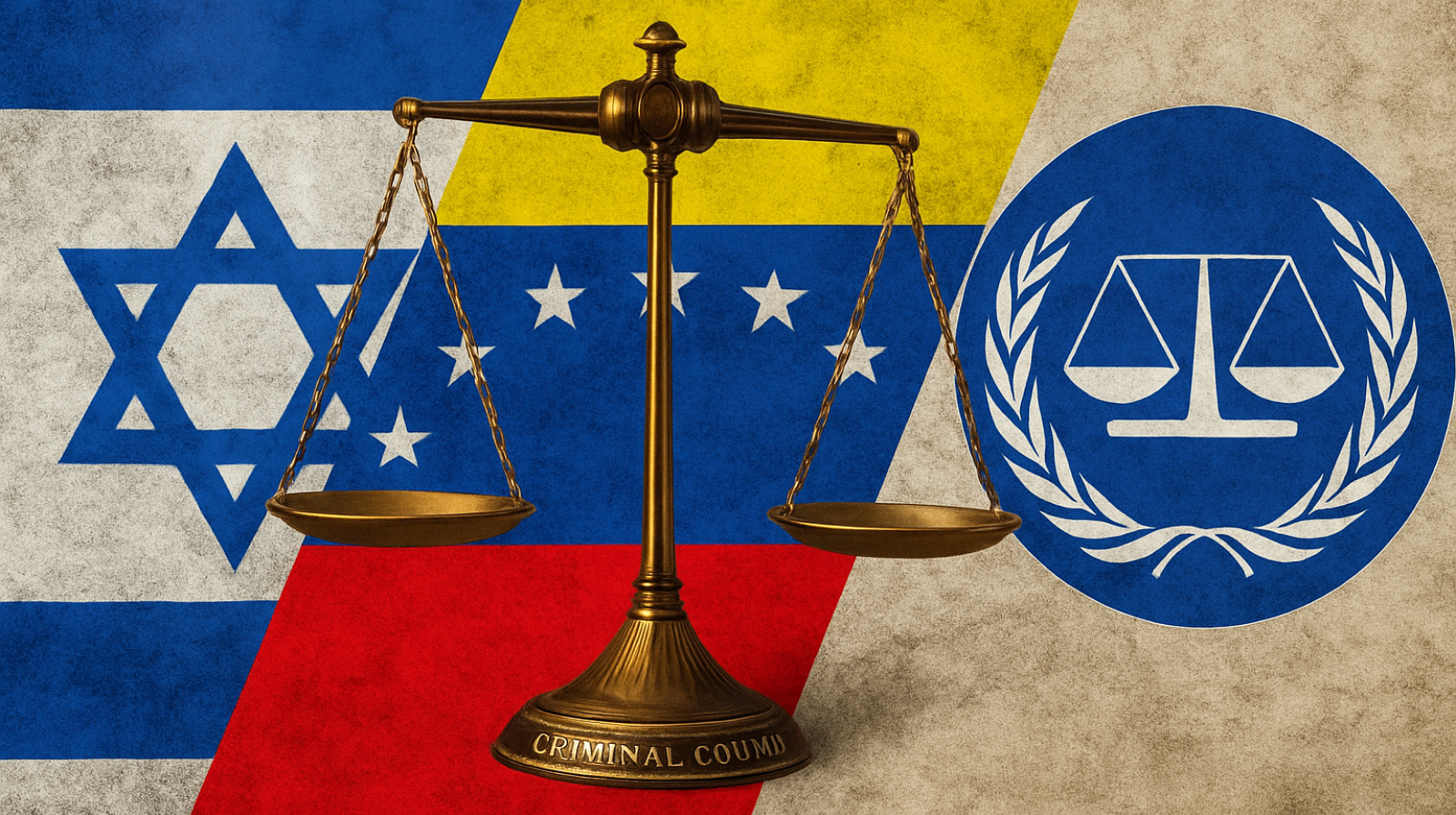On 10 December 2020, thinc. organised an online conference about EU rules on product labeling. The program consisted of two sessions. You may view the recordings of the individual lectures by selecting from the Video Playlist below.
EU Rules on labeling of products from “Occupied Palestinian Territories” – Consumer protection or foreign policy?
Session 1 –
Session 2 – Labeling of products from settlements in “Occupied Palestinian Territories”
No other country has such a rule. Not even the UAE requires such labelling of products from Judea and Samaria; and the EU does not have these rules for any other countries or territories. The Commission does not have this rule even for products from Western Sahara.
About the conference
EU consumer protection laws protect European consumers by ensuring that they are adequately informed about the products they purchase. In order to ensure that consumers are not “misled”, Regulation 1169/2011 (which is directly applicable in the Member States) requires the labels on food products imported from third countries to correctly indicate the “land of origin” and “place of provenance” of the product. This is a generic piece of legislation that applies equally in all member states, and to all products imported from outside the EU.
Since the 1970’s, the EU has developed a specific foreign and security policy about the resolution of the “Israel-Palestine conflict”. According to the EU, international law means that the territories which Israel took control of in June 1967 are “occupied” territories. The EU considers that these territories are not part of the State of Israel. The EU also considers that international law also requires the establishment of a Palestinian state with East Jerusalem as its capital; its border is the 1949 Armistice Lines, unless the parties agree otherwise.
These two developments – consumer protection and foreign policy – came together when, in 2015, the EU Commission published its Interpretative Notice on indication of origin of goods from the territories occupied by Israel since June 1967 (2015/C 375/05). The Notice effectively says that EU law imposes two “obligations”:
- The information concerning products from these specific “occupied” territories may not indicate they are “made in Israel”;
- If, in addition, the product is from an “Israeli settlement”, then the label must state that fact, because such “settlements” are (in the EU’s opinion) illegal, and consumers have a right to know this.
In 2019, the European Court of Justice (ECJ) issued its judgment in the case of Psagot Wineries. In this case, the Court affirmed the approach outlined in the Notice.
The purpose of this conference was to shed light on the international law aspects of the Interpretative Notice as well as the ECJ’s judgment in the Psagot case.



